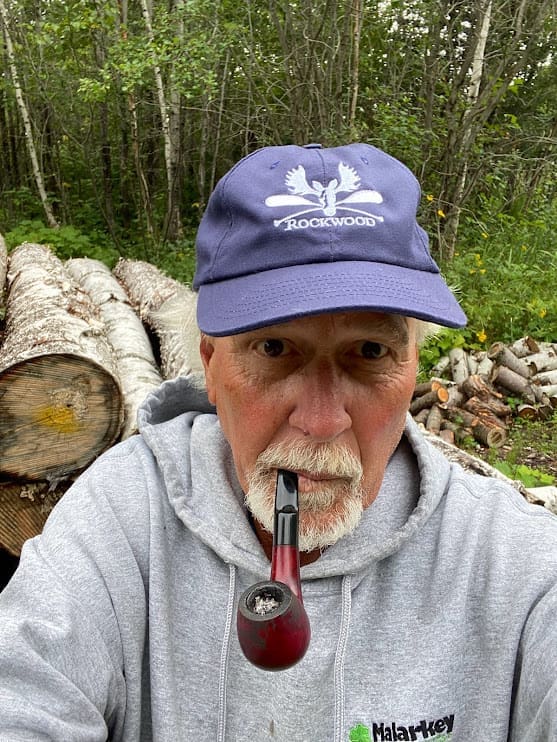Money. We all need it. For millennia, it has been the lubricant that keeps the economy moving.
Talk about indoctrination; Centennial Elementary School in Richfield, MN, hooked us wee grade schoolers up with Richfield State Bank passbook savings accounts. We could stuff allowance there instead of in a mattress or a piggy bank. I don’t remember the logistics of getting money in or out, but I was proud to say I had a bank account. We learned early on that money, which may have been at the root of evil, was something we’d need for the rest of our days.
Our species has functioned quite well as “a trading people.” The impulse to exchange goods and services is deeply embedded in human behavior, driven by necessity, efficiency, and the desire for specialized items. Long-distance trade networks have existed for thousands of years.
The beginning of agriculture centuries ago led to more settled communities and food surpluses, freeing people from the direct need to find food. This led to a specialization of labor, from blacksmiths to computer programmers, trading labor for money.
As our society progressed(?), money and its accumulation became a major industry. It also played an ever-expanding role in government.
If you’re as old as I am, you remember the 1976 movie “All the President’s Men.” The film was based on a nonfiction book written by Bob Woodward and Carl Bernstein. They were two young, aggressive journalists at the Washington Post who broke the story of President Nixon’s role in the famous Watergate burglary, which led to his near-impeachment and ultimate resignation.
In the movie, the character known to the public back then as Deep Throat advised Woodward to “follow the money” in a tense parking garage meeting. In real life, however, old Deep Throat never said that. Instead, it was a creation of the screenwriter, added for dramatic effect. Who knew?
Still, the sentiment of the famous phrase “follow the money” was central to the Watergate investigation, and the phrase itself has allowed me to better understand how business and government work. If you know where the money goes, you know who benefits, and you get a better handle on why they do what they do.
In my lifetime, almost every political candidate I encountered, regardless of the party, whether running for mayor, congress, or the White House, has made cutting waste, fraud, and abuse a central promise and theme of their campaign. They intend to follow the money and save it for us, the taxpayers, by cutting waste, fraud, and abuse. Like DOGE, the results have been mostly ineffective.
During World War II, Missouri Senator Harry S. Truman, head of the Truman Committee, investigated “waste and wartime profiteering” in government spending. The committee’s work focused on identifying and rooting out these issues.
Wisconsin Senator William Proxmire started his “Golden Fleece” awards in 1975, 50 years ago, to highlight instances of public officials squandering taxpayer money and directly addressing “waste.” But we still got it.
The issue of “waste, fraud, and abuse” became a cornerstone of Ronald Reagan’s 1980 presidential campaign, and he continued to emphasize it throughout his presidency. In 1982, he formed the so-called Grace Commission, led by businessman J. Peter Grace, specifically to identify waste and inefficiency in the federal government.
Reagan noted in a 1985 speech that he had brought up “the subject of waste, fraud, and abuse in the National Government” during his 1980 campaign, recognizing it as an issue that resonated with the public.
Since it did resonate, the phrase has remained a staple in political discourse for both parties, often used to criticize government spending and advocate for fiscal responsibility.
Bill Clinton’s 1993 “Reinventing Government” initiative, led by Al Gore, aimed to reduce waste and streamline government operations.
Politicians like Donald Trump have recently emphasized combating “waste, fraud, and abuse” in their campaigns.
After all these years, we still grapple with waste, fraud, and abuse. This persistent reality may lead us to question whether there is a viable solution to eliminate or even reduce these issues.
I’ll leave you with a quote that adds to my despair over the failed promises to solve the problem known as waste, fraud, and abuse. “When you find no solution to a problem, it’s probably not a problem to be solved, but rather a truth to be accepted.” David Gemmell, a British author.
It’s time we accept a harsh truth: the claim to end waste, fraud, and abuse is a fraud in itself. Politicians may not tell us the truth because the truth won’t ‘resonate with the public,’ but the real issue is that these problems, like so many others, may not have an easy or definitive solution.




